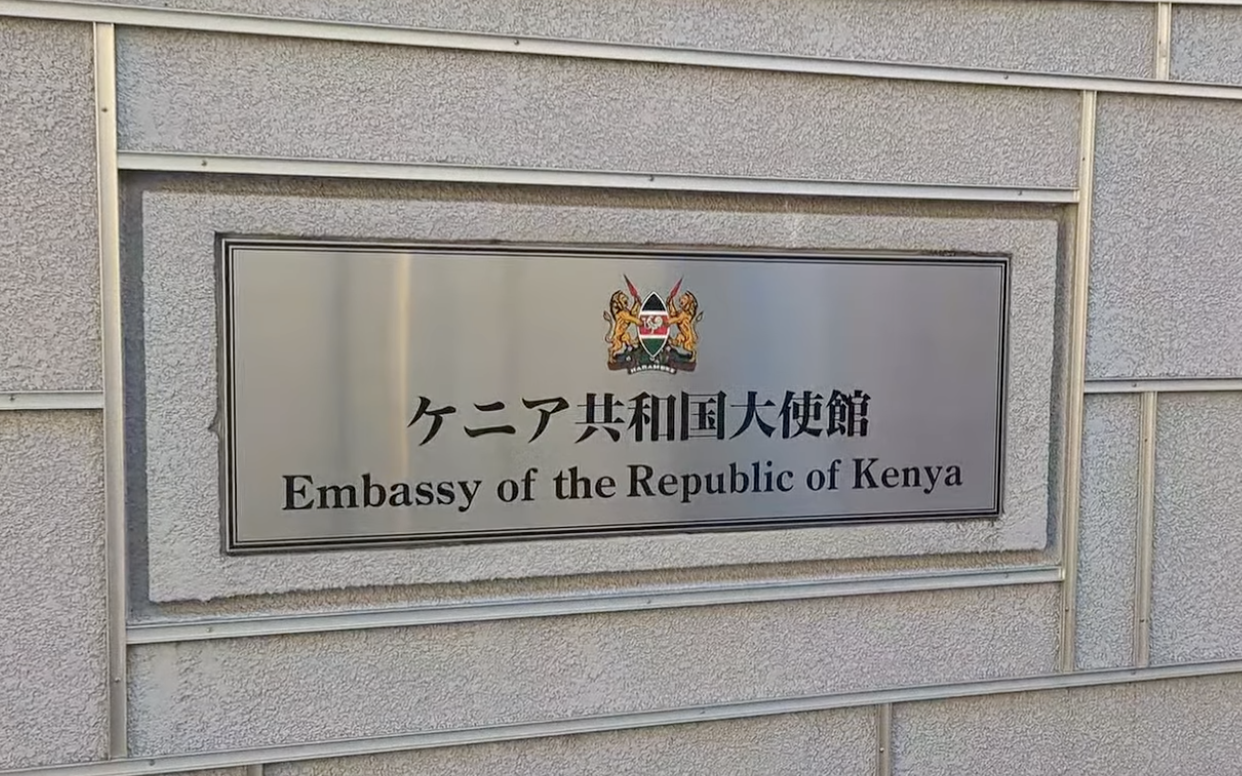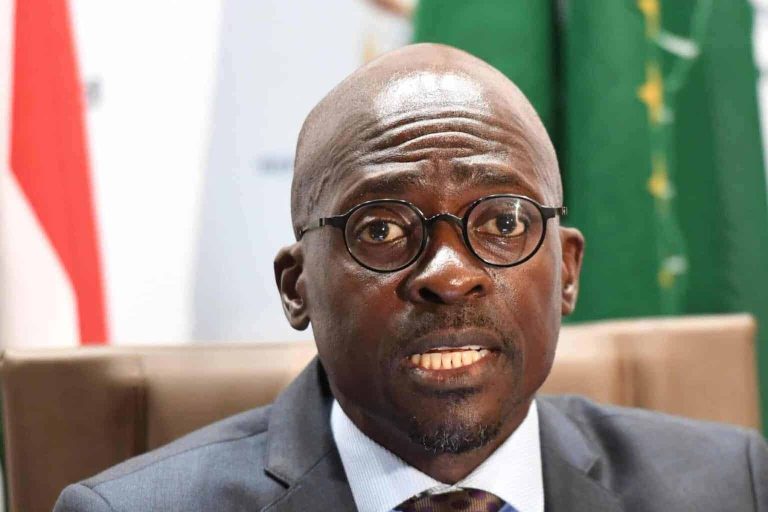
At least 70 percent of envoys appointed by the President of Kenya will soon be required to be career diplomats, if a new law before the National Assembly sails through.
The other 30 percent will be political appointees, but who possess relevant experience in diplomacy and international relations.
The proposed law, aimed at entrenching professionalism, will tame the President from appointing political rejects to the positions of ambassadors, high commissioners and permanent representatives.
For long, the positions have become a soft landing for political rejects and other appointees of the President.
However, if the Bill becomes law, the practice will become a thing of the past.
The Foreign Service (Amendment) Bill, 2025, sponsored by Mwingi West Member of Parliament Charles Nguna Ngusya seeks to amend the Foreign Service Act, Cap 185E, to ensure that a higher percentage of Kenya’s ambassadors, high commissioners, and permanent representatives are drawn from career diplomats.
The proposed law is currently in the pre-public scrutiny stage.
The Constitution under Article 132(2)(e) mandates the President to nominate and appoint ambassadors and high commissioners with the approval of the National Assembly.
According to the draft Bill, the composition of diplomatic appointments would comprise 70 percent career diplomats and 30 percent non-career diplomats, aligning with the Sessional Paper No.1 of 2025, on the Foreign Policy of the Republic of Kenya.
“The proposed law seeks to ensure most most of the appointees to positions of ambassadors,high commissioners and permanent representatives,are career diplomats,to ensure professionalism is maintained in foreign service,” states part of the Bill.
Currently, Section 20 of the Foreign Service Act provides that such appointments should reflect a “fair balance” between career and non-career diplomats.
On Tuesday, the National Assembly Departmental Committee on Defence, Intelligence and Foreign Relations, chaired by MP Nelson Koech, met to discuss the draft amendment Bill.
The committee is expected to receive submissions from the Office of the Attorney General and the Kenya Law Reform Commission.
In December last year, President William Ruto dumped more former Cabinet Secretaries in the Foreign Service, nominating Prof Margaret Ndung’u (ICT) and Dr Andrew Karanja (Agriculture) to serve as envoys to Ghana and Brazil respectively.
The two had barely served in their dockets as CSs for half a year, having been sworn in on August 8,2024.
Ndung’u declined the posting.
This was a continuation a practice by President Ruto and his predecessor, Uhuru Kenyatta, to appoint political rejects and fired CSs to foreign service.
However, in August and September 2025, President William Ruto appeared to have changed tack, in his appointment of foreign service officers, naming more career diplomats compared to political appointees.
Most of the new nominations to the Foreign Service, who were vetted and approved by the National Assembly’s Committee on Defence, Intelligence and Foreign Relations, were career diplomats.
While appearing before the Senate Committee on National Security, Defence and Foreign Affairs at the County Hall in Nairobi, recently, Prime Cabinet Secretary Musalia Mudavadi, who is also in charge of the Ministry of Foreign Affairs, told the legislators that Sessional Paper No. 1 of 2025, generated by his ministry, is operationalised, it will ensure more career diplomats, are appointed to serve the country in foreign nations.
He also said the Sessional paper will anchor Kenya’s foreign policy in law, making it more citizen-centred and transparent.
The move, he argued, would be a change away from conventional, opaque international relations to a more transparent, accountable strategy that prioritised Kenyan interests.
He said the revised policy reflected pragmatism and a long-term vision in the face of global change.
“Sessional Paper No 1 of 2025 on Kenya’s Foreign Policy seeks to ensure inclusivity in policy formulation by recognising the critical role of various actors in shaping and advancing the country’s foreign policy; and to broaden the scope of Kenya Foreign Policy 2014 from the five pillars of peace diplomacy, economic diplomacy, environmental diplomacy, diaspora diplomacy, and cultural diplomacy to include areas such as health and technology diplomacy.
“The Sessional Paper also aims to boost Diaspora and Economic diplomacy, with County governments and Kenyans living abroad playing an important role in advancing the country’s foreign policy goals,” the ministry said.



